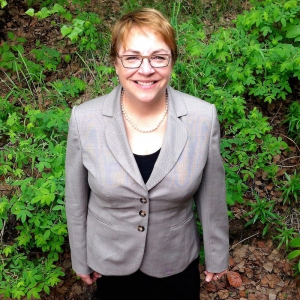
Diane Hirshberg is an ARCUS Board Member and Chair of the Development Committee. She was elected in 2017, and her term expires in 2020.
When not working on ARCUS activities, Diane is Professor of Education Policy at the Institute of Social and Economic Research at the University of Alaska Anchorage (UAA), and Advisor to the UAA Chancellor on Arctic Research and Education. Diane sits on the International Arctic Social Sciences Association Council and is active with the UArctic Thematic Network on Teacher Education for Social Justice and Diversity. Her research interests include education policy analysis, Indigenous education, circumpolar education issues, and the role of education in sustainable development. She has studied the boarding school experiences of Alaska Native students, teacher supply, demand and turnover, and co-authored the Education chapter for the Arctic Human Development Report II. In addition to working on Alaska-focused education evaluations and studies, she is the North America lead for the Arctic Youth - Sustainable Futures project, funded by the Nordic Council of Ministers. She was part of the UArctic Research Analytics Task Force, helping author several publications on the landscape of Arctic research funding and publications.
Diane first realized that her work fit under the Arctic research umbrella when she attended the International Conference on Arctic Research Planning II (ICARP II) in 2004. She also learned (much to her frustration) of the narrow view of education research many Arctic researchers hold, that Arctic education is simply about disseminating their findings to students. Through the International Arctic Social Sciences Association, however, she found a community of researchers who shared her view of the importance of education, not just as a vehicle for disseminating research findings, but as a crucial element in building the capacity of communities to create their own futures in the face of rapid social, economic, cultural, and environmental change. Her research agenda is now shifting toward understanding how both institutional and non-institutional education systems can support sustainable development in the Arctic, as well as how the needs of Arctic youth can best be met.
Diane is excited by the work ARCUS does to connect researchers across sectors, disciplines, and geographies. She helped ARCUS organize the first two Anchorage Arctic Research Days, and believes that such events, focused on building relationships among researchers from academic, government, Indigenous, private, and non-profit entities, strengthens the ability of the research community to do good work while avoiding some of the problems that arise when we stay siloed in our work. Moreover, she views ARCUS' goal of connecting Alaska's Arctic communities and Arctic researchers as crucial to ensuring that Arctic research addresses in relevant and meaningful ways the challenges facing Arctic communities.
